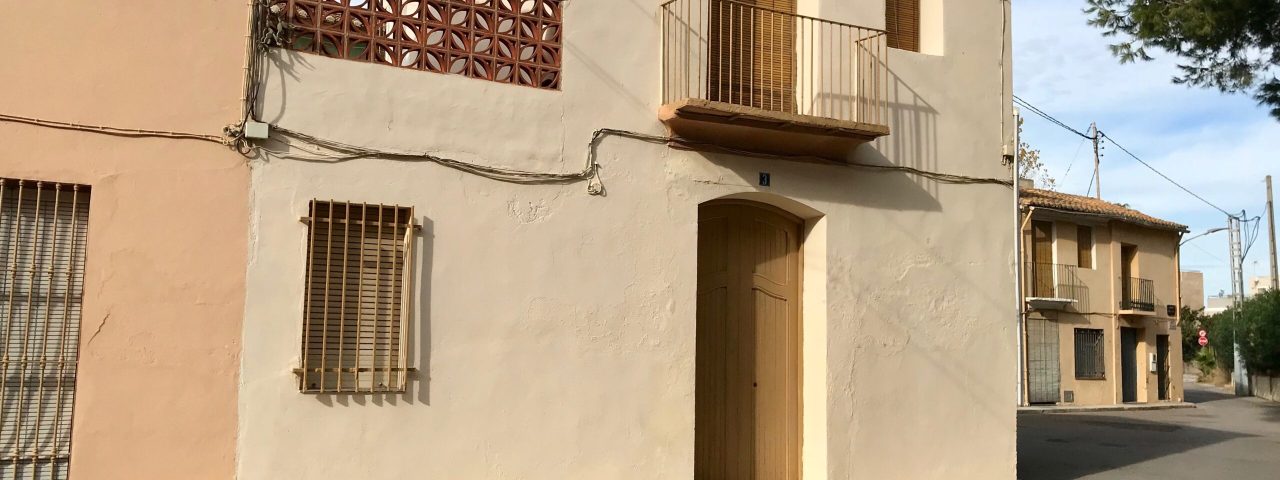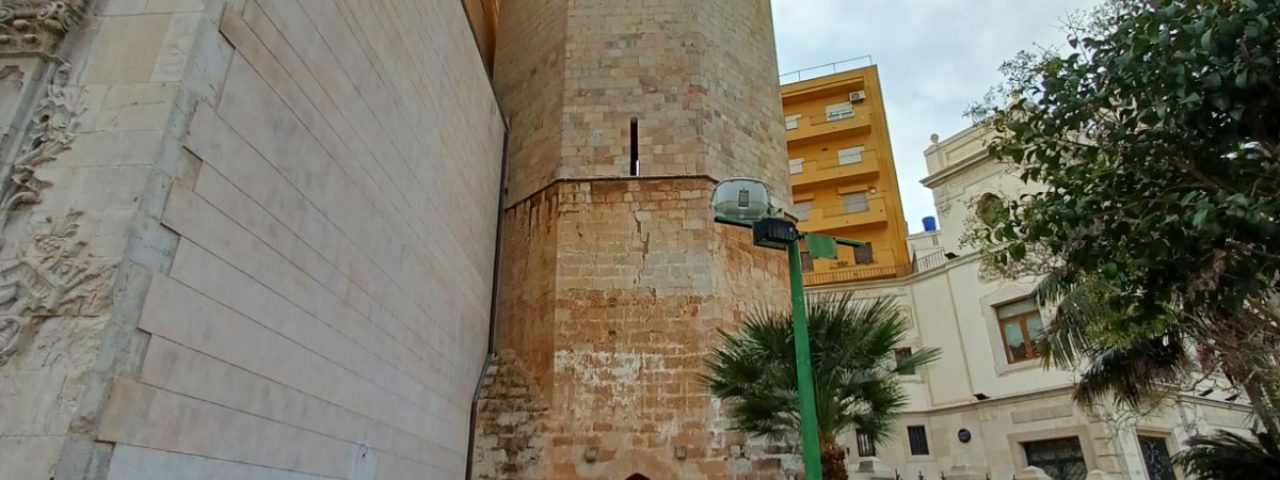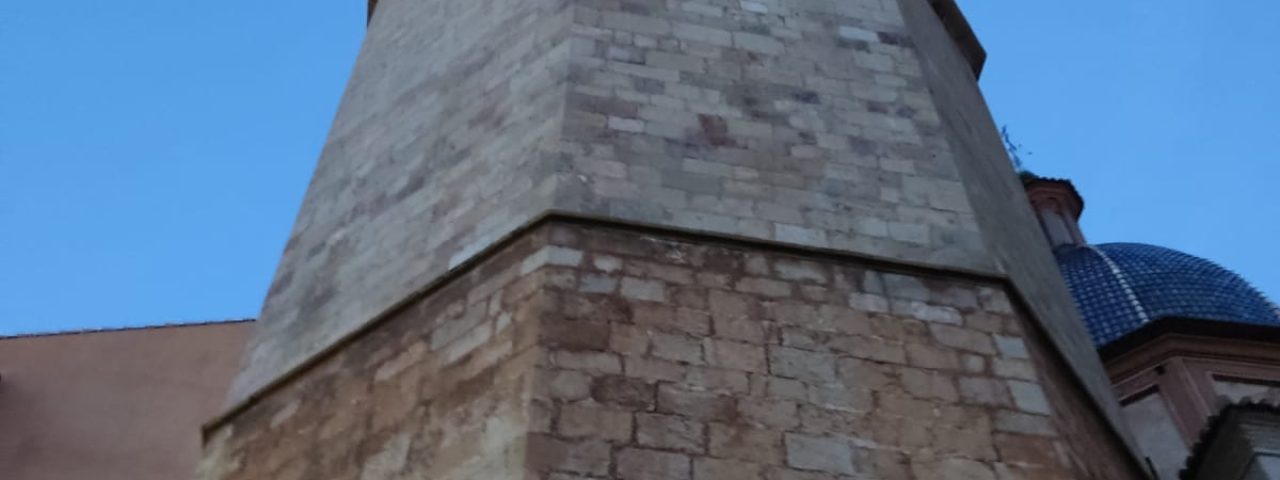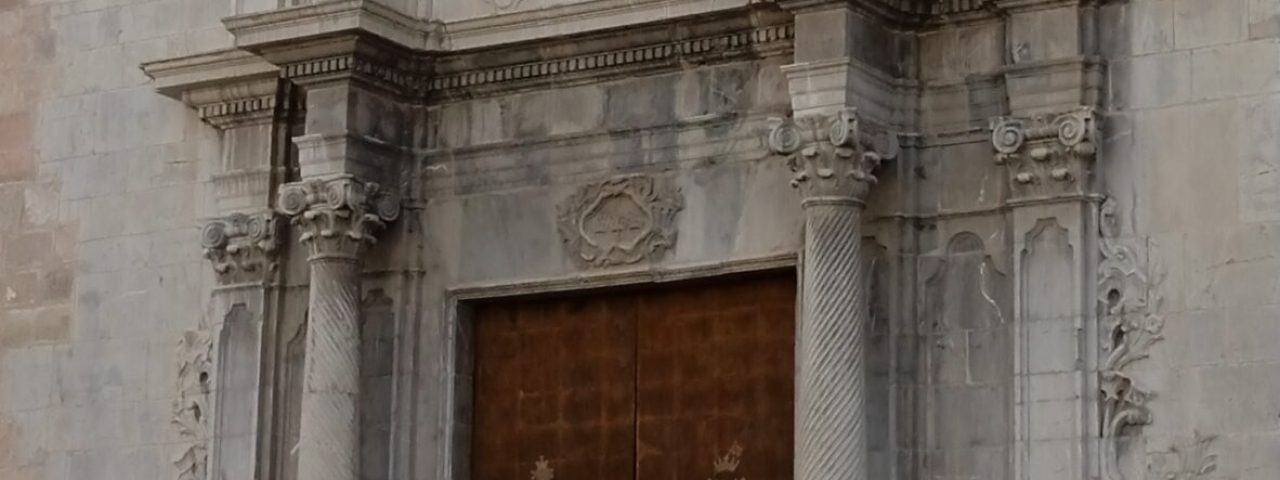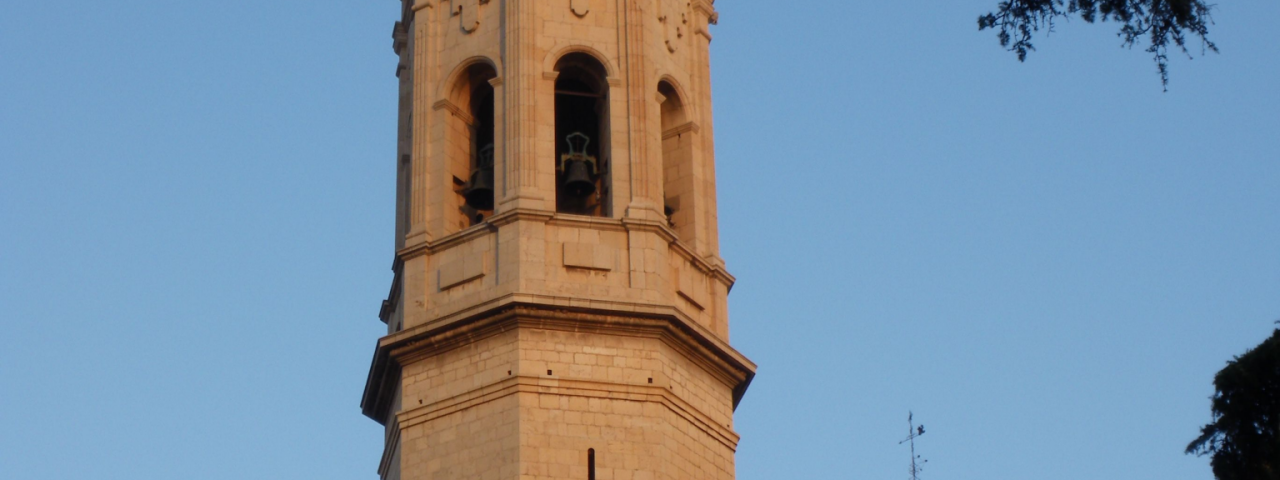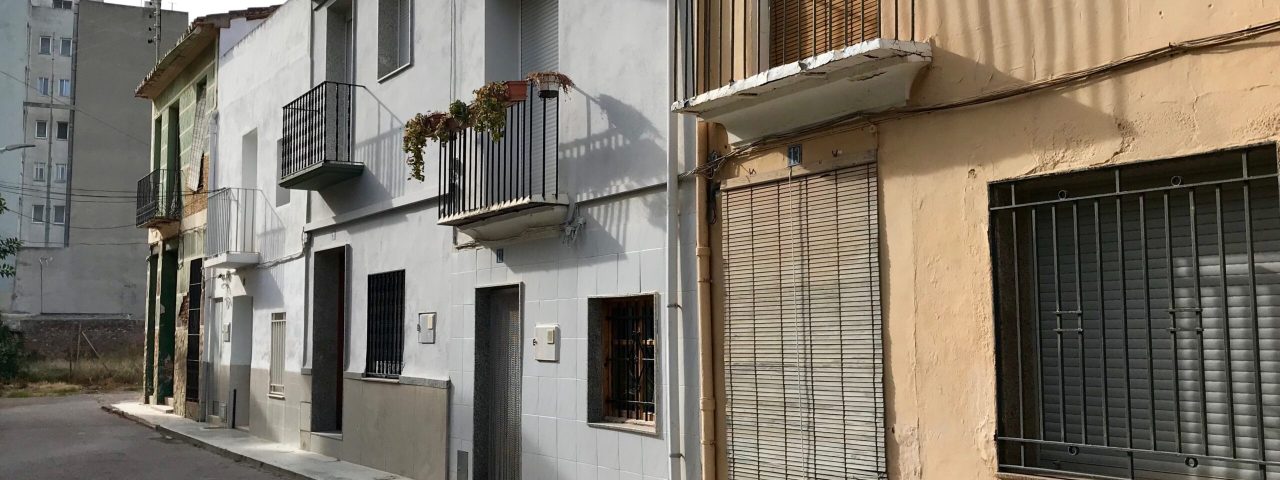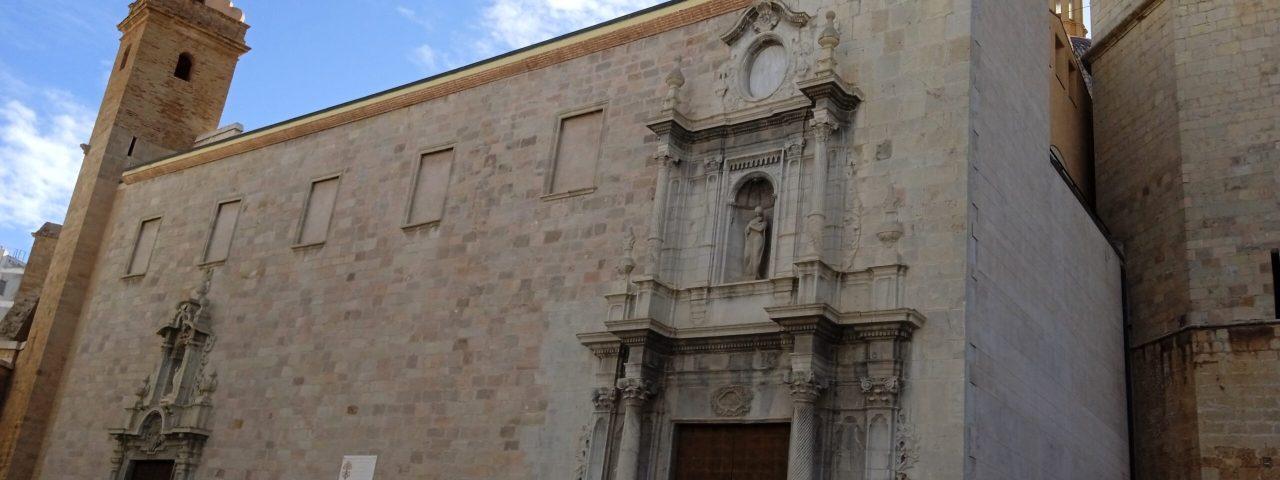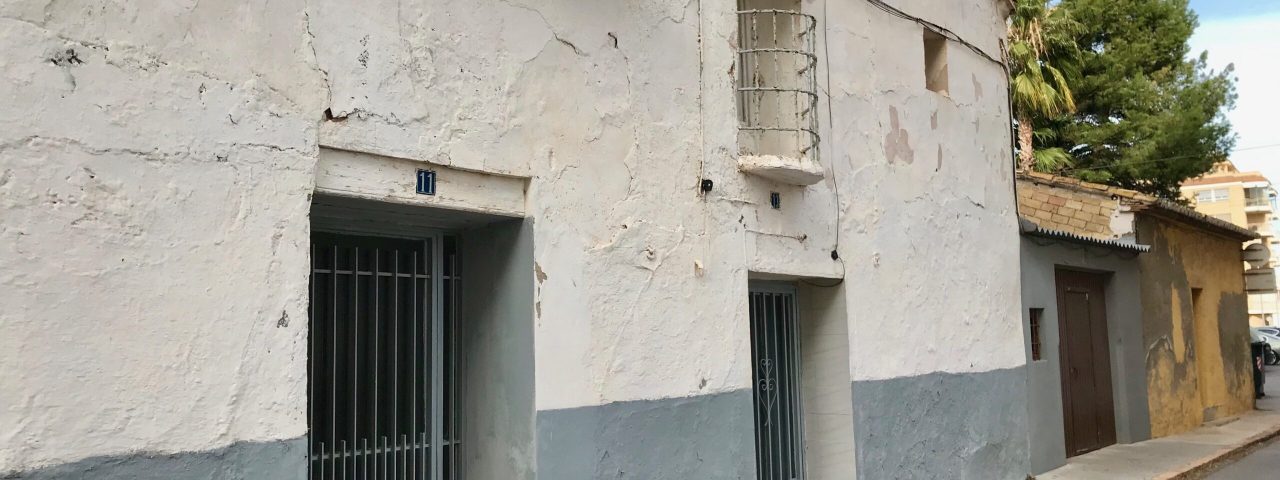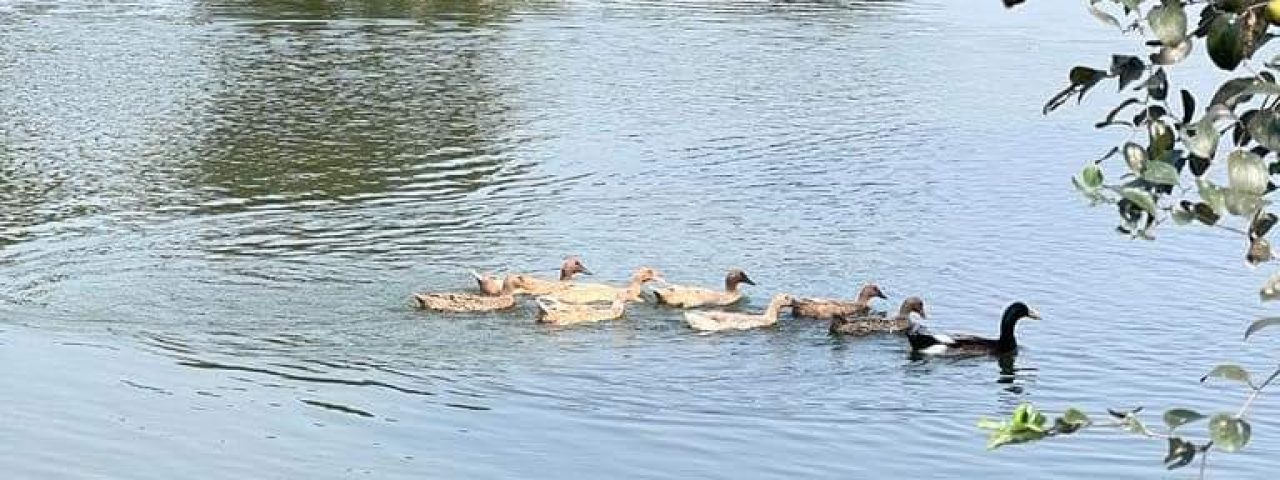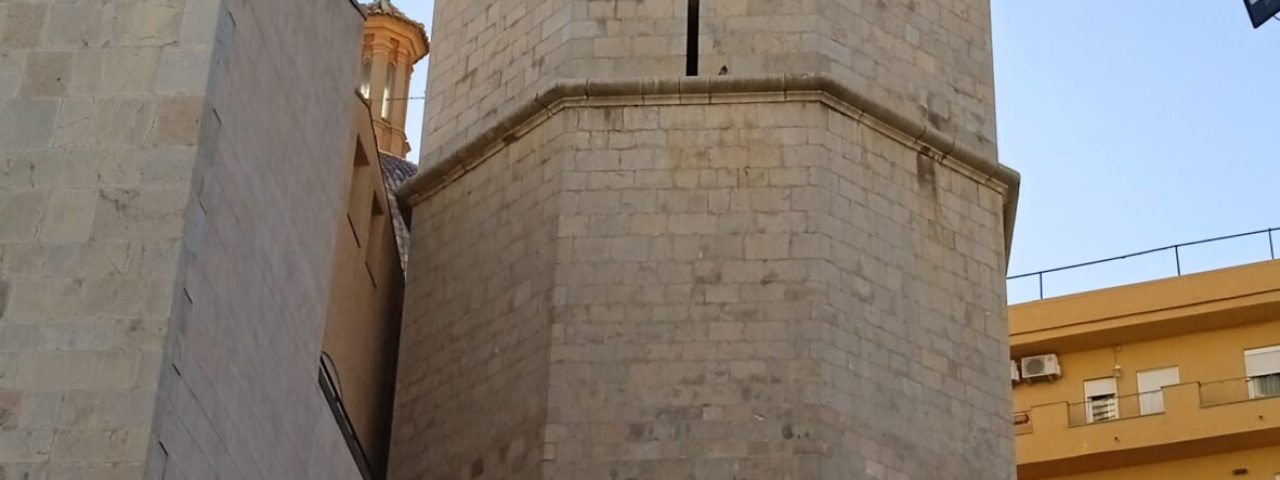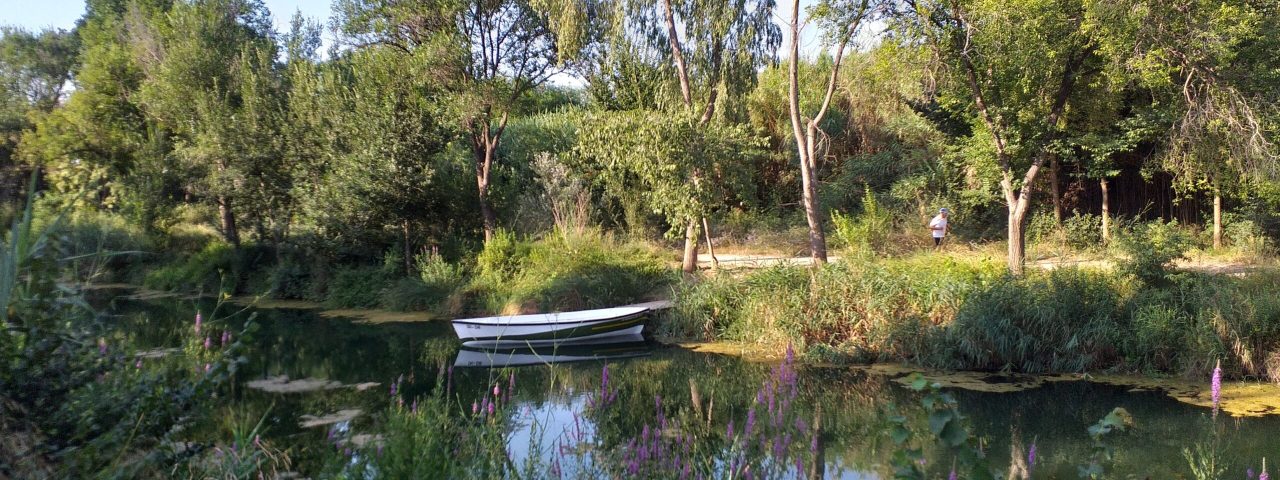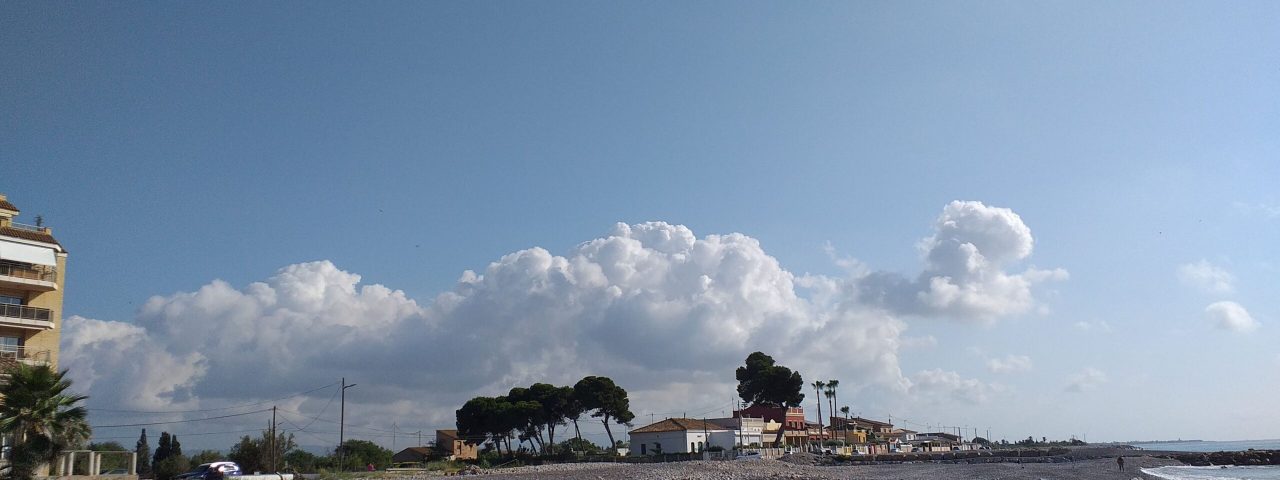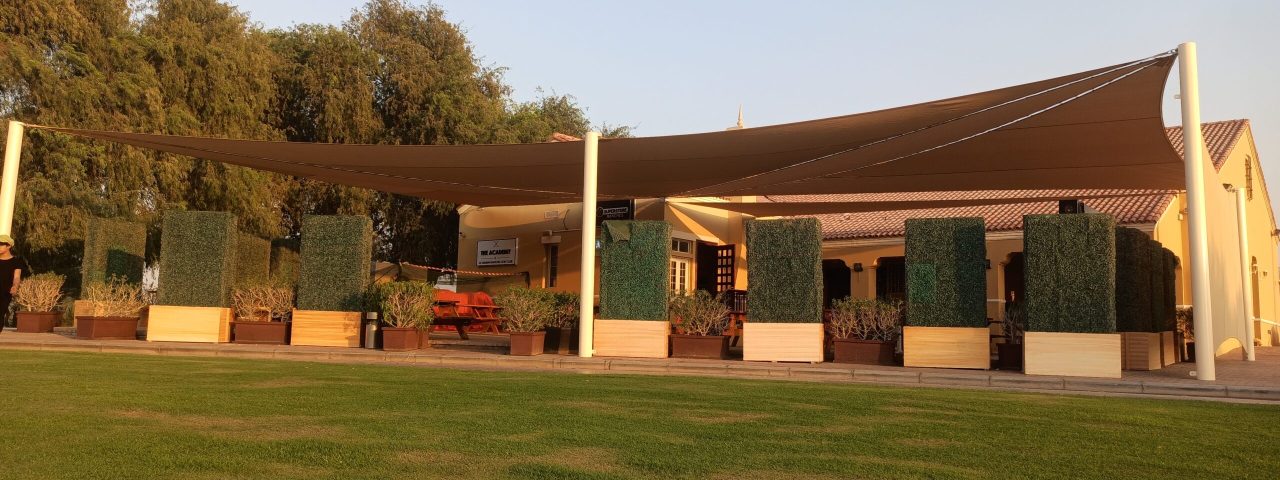Burriana has a rich and diverse history that dates back to Roman times, when it was an important settlement due to its proximity to the Mediterranean. Like much of the Valencian region, Burriana experienced periods of Moorish rule, which left a lasting influence on its culture, architecture, and traditions. The city was later reconquered by the Christians in the 13th century, and its historical significance continued to grow.
One of Burriana’s most important cultural highlights is the Fallas festival, celebrated in March. This annual event brings together the community to create and display large, artistic sculptures made of cardboard, wood, and papier-mâché, which are then set ablaze in a spectacular finale. This UNESCO-recognized festival is a must-see for visitors, offering an authentic glimpse into local traditions, craftsmanship, and Valencian culture.
Burriana also celebrates the Virgen del Carmen Festival, honoring the patron saint of sailors, which is deeply connected to the city’s maritime heritage. Religious processions, lively street celebrations, and traditional music form an integral part of this cultural event. Historical landmarks, such as the Church of El Salvador and the Torre del Mar, further reflect the city’s deep historical roots and cultural identity.
